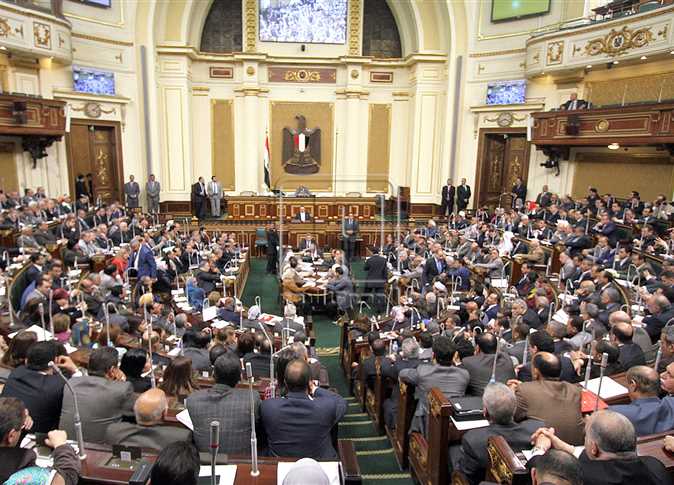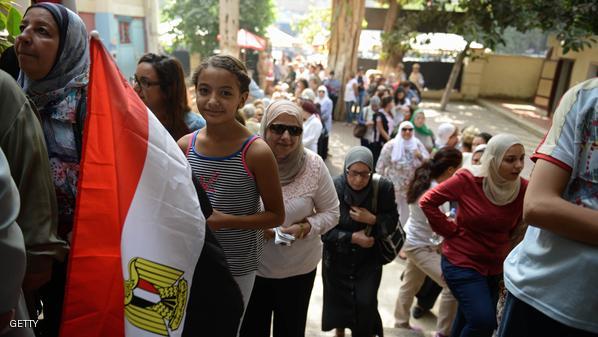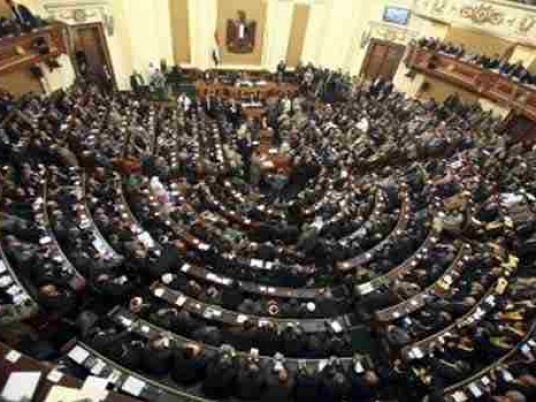Mohamed ElBaradei and the National Association for Change (NAC) persist in calling for a boycott of the People’s Assembly elections in November, yet remain unclear about whom their calls are addressed to. Are they for independent candidates, political parties or the general public?
Most independents have already made up their minds, settling on participation. Many have been preparing their campaigns for over a year and their posters have filled the streets. As for parties, not a single one would risk being excluded from parliament for the next five years unless it were certain it could not win any seats. Parties with a decent support base would never hesitate to participate in the legislative process and scrutinize the government's performance.
Then there’s the third element of he equation: those who are eligible to vote. Egyptian elections are traditionally marked by low turnouts. Most of the electorate effectively boycotts elections to begin with.
In the 2005 parliamentary race, several parties–the ruling National Democratic Party (NDP), the Muslim Brotherhood, the Wafd, the Tagammu, and the Nasserist Party–launched huge campaigns to mobilize the masses to vote. Yet all these efforts managed to persuade only 23.5 percent of the electorate to visit polling stations, while over three quarters of eligible voters decided not to cast their ballots.
So who exactly is called upon to boycott? The quarter who vote? They are unlikely to heed the boycott call as many of them are actively involved in party politics and share common interests–and sometimes kinship relations–with their preferred candidates.
Boycotting the election will only benefit the NDP and the Muslim Brotherhood, the two parties who will mobilize their constituencies regardless. Being the ruling party, the NDP, of course, will never boycott the election . The Brotherhood, on the other hand, will never pass up an opportunity to reap political benefits. They have secured seats in parliament before and they will never abandon that gain. Some indications even suggest the Brotherhood may strike a deal with the regime to ensure some degree of representation in the People’s Assembly after November, just as they did in 2005.
Parties should encourage their supporters to have a say in the vote. This does not mean they should accept the regime's perpetuation of the status quo. Ruling parties do not voluntary relinquish their excessive privileges, they are forced to do so under popular pressure. Our recent history offers many examples of how people can mobilize to protect the integrity of the political process. During the last parliamentary election under Former President Anwar Sadat, one of the regime's opponents, Momtaz Nassar, nominated himself in an Upper Egyptian district. Sadat personally disliked the man and wanted to see him lose. He therefore nominated Egypt’s Interior Minister, Al-Nabawi Ismail, to run for the same spot. Supporters of Nassar went to the polls, cast their votes and surrounded the ballot boxes to ensure no rigging took place. Security forces decided not to intervene fearing a bloodbath. Nassar came out victorious.
We must face the fact that Egyptian political parties are weak and will only gain strength through active involvement in political work–at the ballot boxes and on the street.
Rather than calling for a boycott, perhaps those who advocate change should focus on raising voter turnout to 35 percent this year, which would be a genuine democratic achievement. Political parties have an opportunity to assert themselves by running in the upcoming election. If enough voters decide participate as well, they may grant those parties access to the People's Assembly. And if they fail as a result of electoral fraud, at least the regime will be exposed.
In both cases, democracy will be the winner. I therefore call for a boycott of the boycott.
Translated from the Arabic Edition.




